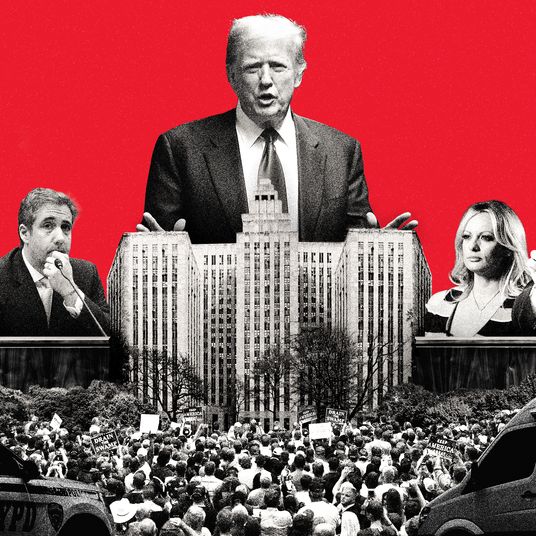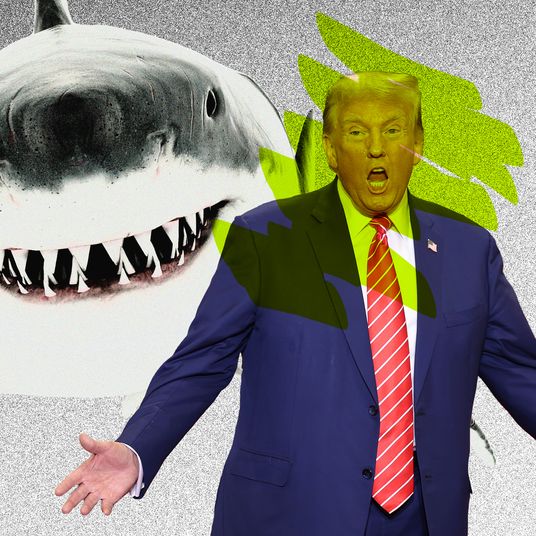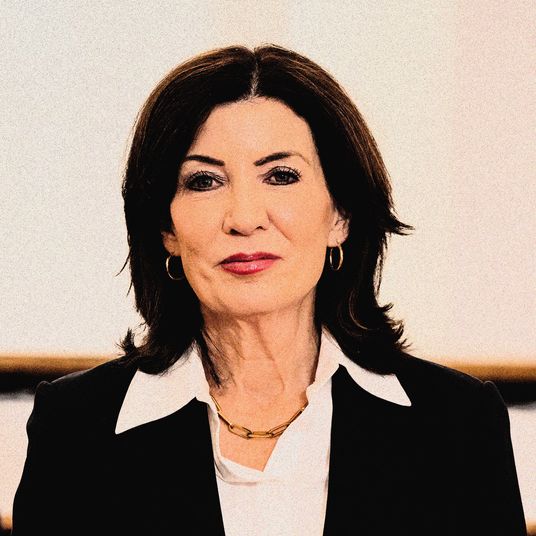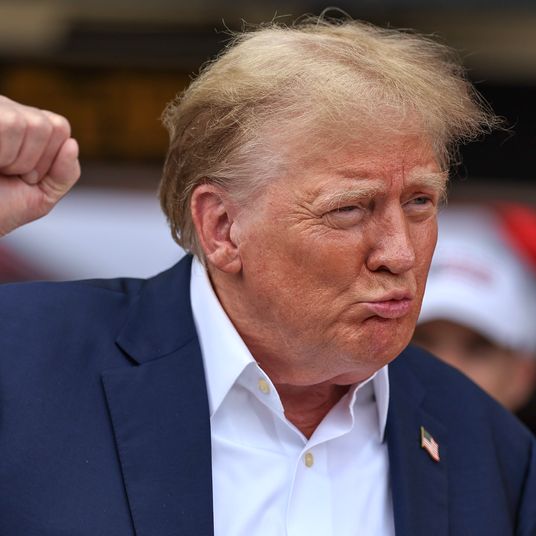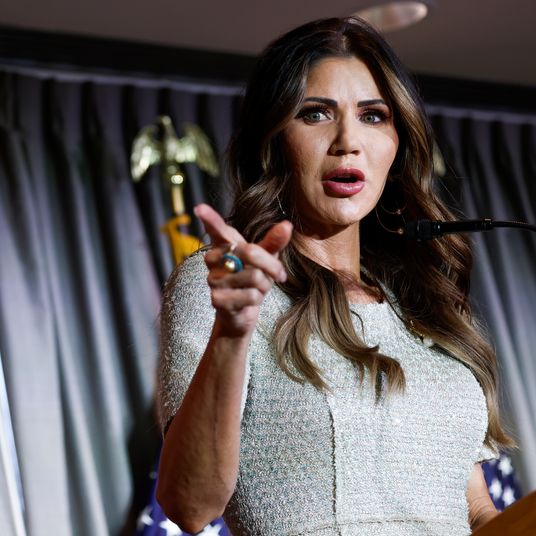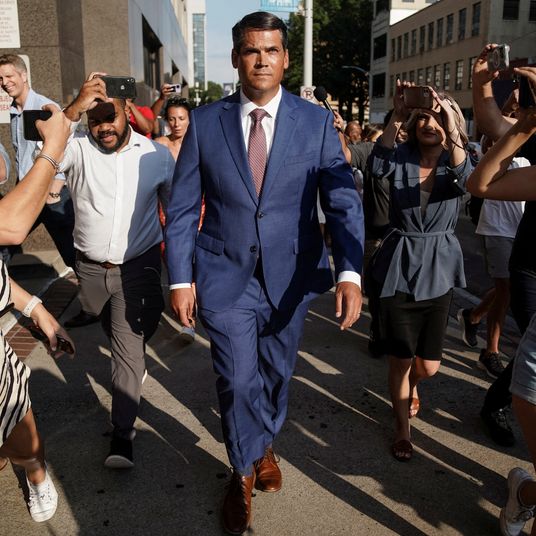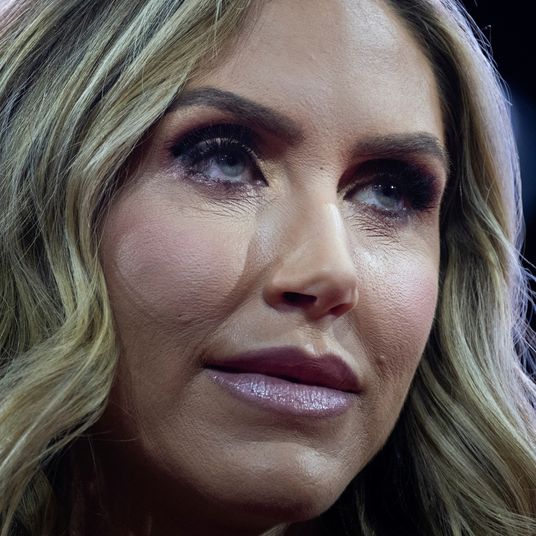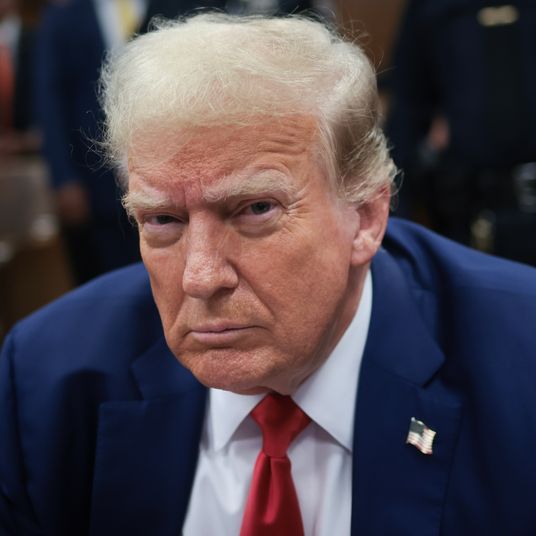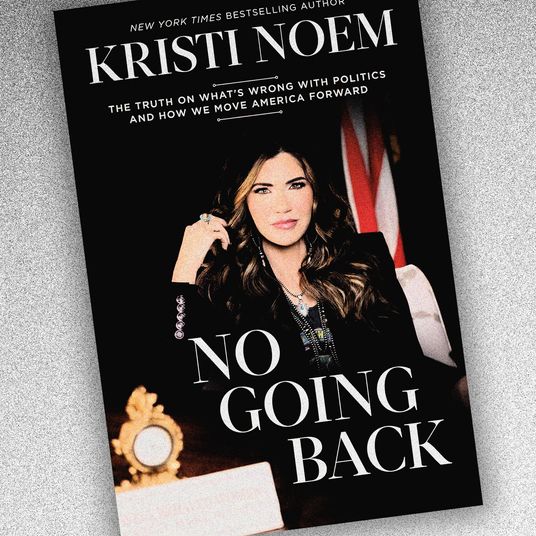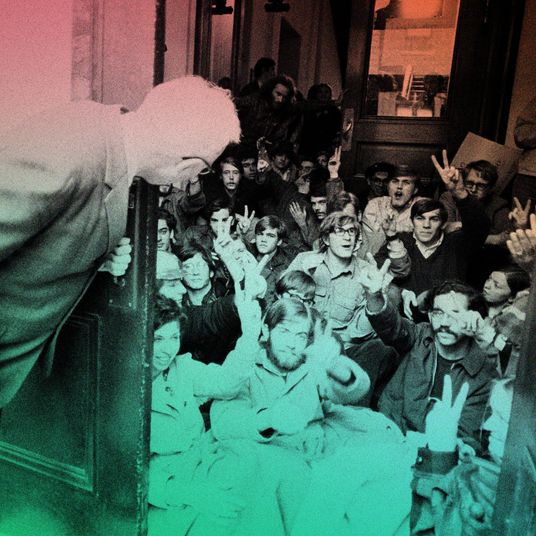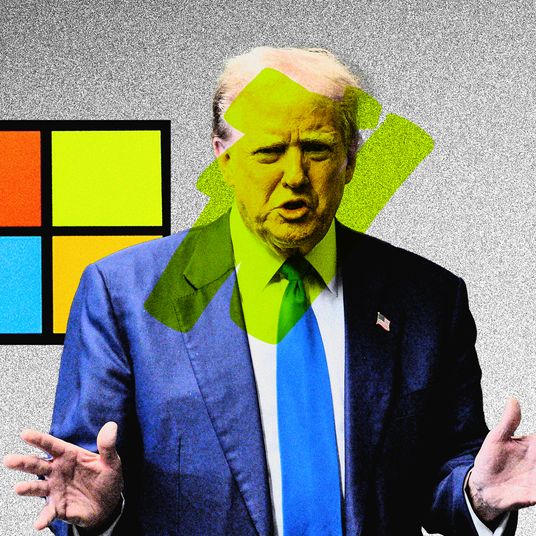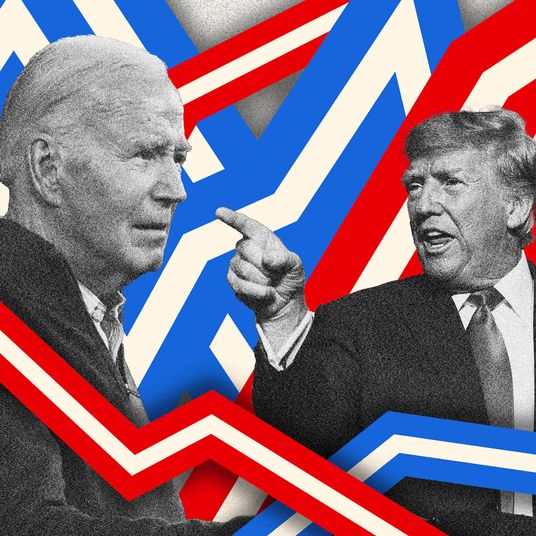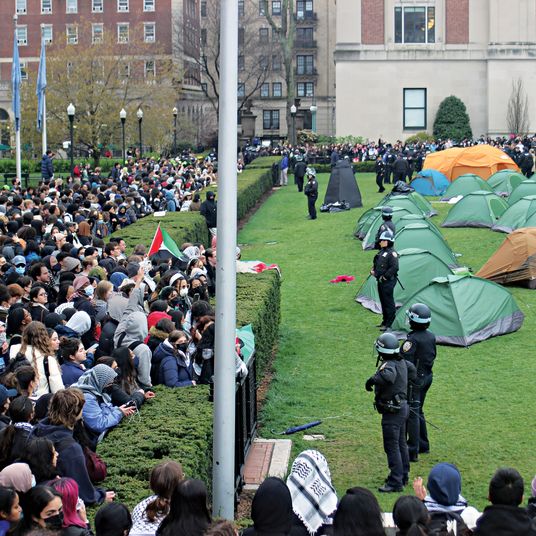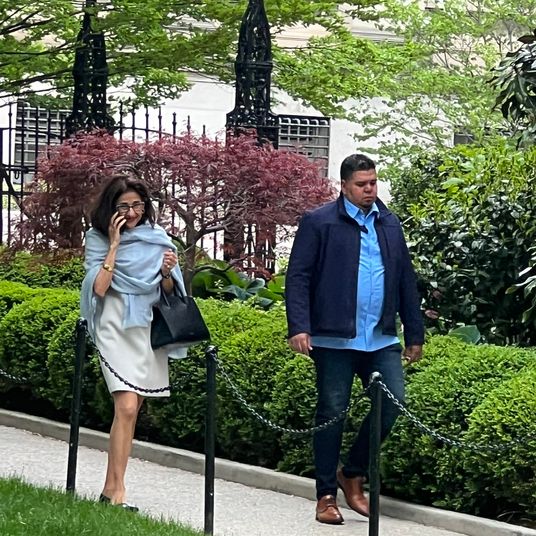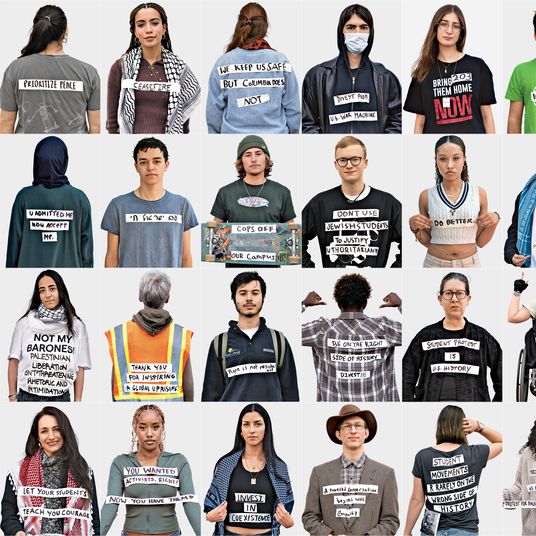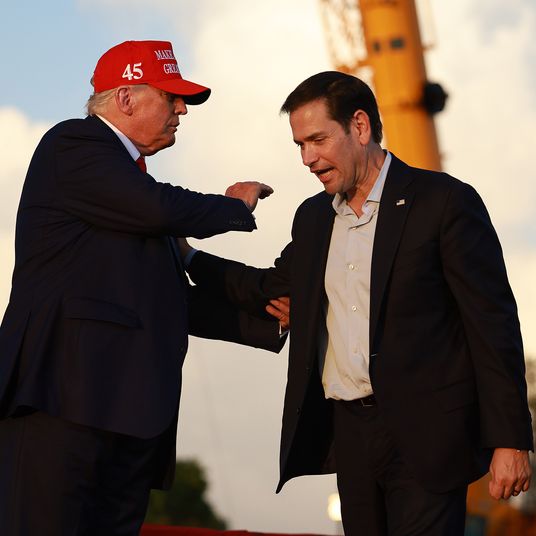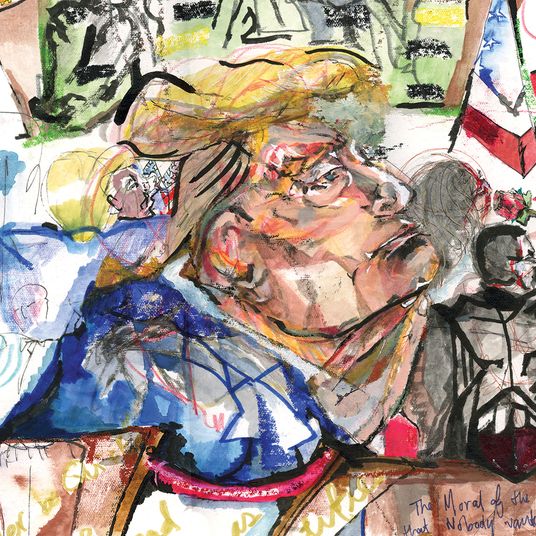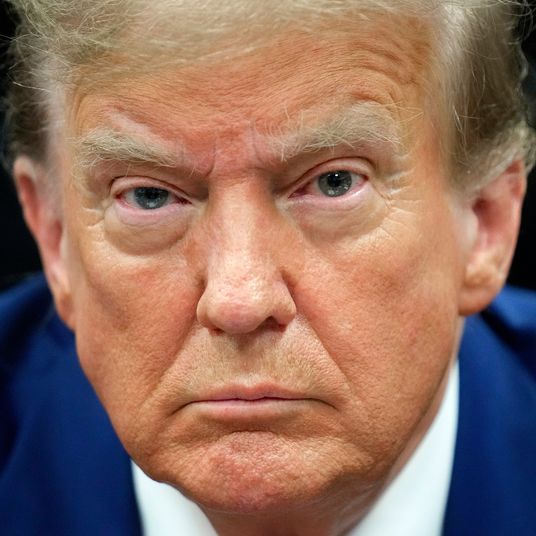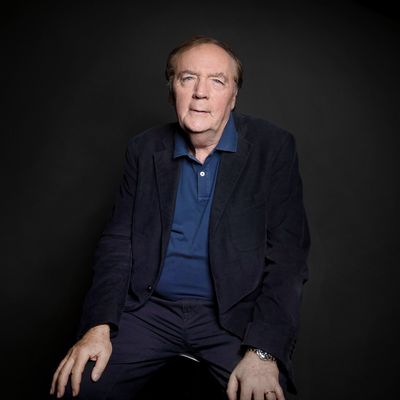
In 2016, best-selling novelist James Patterson took a break from writing thrillers and focused his attention on a real-life criminal: Jeffrey Epstein, his Palm Beach neighbor who was busted for paying young women for sex a decade prior and served only 13 months in jail for his crimes.
When Patterson’s book Filthy Rich was published, he was surprised at the lack of attention given to what he considered a “monster of a case.” The attention arrived last week following Epstein’s arrest on new sex-trafficking charges in New York. Intelligencer spoke with Patterson about why Epstein’s case took so long to capture the public’s attention, his theories on the biggest Epstein mysteries, and whether this story is too strange for fiction.
How did you get pulled into this story?
I moved to Palm Beach in 2007 or 2008, at the tail end of this. I was vaguely aware of it. A couple of friends of mine — Tim Malloy, who is a journalist down in Florida, and John Connolly, who does a lot of work with Vanity Fair — they told me about this case.
This, I guess, is my strength as a writer. I immediately said, “This is a monster of a case, in my opinion.” In terms of the number of victims, which was incredible — 40 to 100 to 200, who knows, but an awful lot of victims — the age of the victims, and then the sweetheart deal. I went, “This is just an amazing story.” I immediately said I have to try to write the book.
What was the perception of Epstein down in Palm Beach?
Not too many people seem to have spent time with him in Palm Beach, or if they did, they weren’t going to talk about it. In general, a small town like that, nobody particularly wants stories like this out there. But I had hundreds of people in Palm Beach come up to me and thank me for writing the book with Tim and John, because they did want this story out there. They didn’t feel that justice was handled correctly.
You’ve created so many characters as a novelist. Can you help people understand who this Jeffrey Epstein character is?
I don’t think it’s an issue of being a novelist as much as just what this guy’s done. He obviously, he is obsessed, or seems to be obsessed, with young girls. And presumably that happened from the days — let’s make a guess that it was one of the attractions for him to go teach at the Dalton School. It seemed to continue through most of his adult years. And then after prison, if we can take the basis of the photographs in his building in New York as evidence, it didn’t end.
You’ve criticized the way the case in Florida was handled. Are you confident about this new case ending with a just punishment for Epstein?
I think they have the insurance policy of having found pornography with young girls. I have to expect that they have pretty good evidence, presumably, of things he did after Palm Beach. I would expect that.
There are so many ongoing mysteries involved in this story. For example, do you think Epstein will implicate other prominent people?
I think names are going to be thrown around, and I don’t like that. When we wrote the book, we really tried to be careful. We had three private eyes out there looking for stuff, and if anything was doubtful, we just didn’t put it in.
We did investigate President Trump and, yeah, we did find that he threw Epstein out of the club. We heard that from people who were around Palm Beach. I interviewed the woman who ran the spa there, and I asked her, “Did you know Jeffrey Epstein?” She said, “Oh yeah, I did. He used to come to the spa.” She found him to be inappropriate to young girls there. She said she went to Mr. Trump and Mr. Trump threw him out.
We had talked to people who flew Epstein’s plane with President Clinton and got no evidence that there was anything inappropriate there. That’s what we found. Names are going to come up for sure. The fact that you were at a party and Epstein was at a party, though, I don’t know what the hell that is supposed to mean.
And you just wrote a book with President Clinton.
We’re friendly. You’d hate to think that something … We had no evidence. It would have been horrifying if we had come up with something, but we came up with nothing. And also nothing against Trump.
What about the true source of Epstein’s income? Any theories on that?
[Leslie] Wexner, or people next to Wexner — that’s where people have to dig. They’ve got to go out to Ohio. I’m sure somebody out there will be willing to talk. [Editor’s note: Wexner is the billionaire founder of L Brands and was the only known client of Epstein’s money-management firm until he cut ties with him in 2008.]
It’s a strange relationship. Buying houses together out there in Ohio and whatever the situation was when they bought the house in New York City together. [Editor’s note: Epstein lived part-time in Wexner’s Manhattan mansion since at least 1996. In 2001, the property was transferred to Epstein for $0. Epstein signed the documents for both parties.]
There was a story, whether it’s accurate or not … Wexner was going to get married, and he was going to sign a prenup. Epstein brought him into a conference room, and on the table there was a woman with her legs spread and the prenup between her legs. And the joke, so-called, was you sign that prenup and there’s no more of this. I don’t know if that story was true but it certainly came up a couple of times.
There’s this quote from former Labor Secretary Alexander Acosta, who was the U.S. Attorney in South Florida a decade ago, that Epstein “belonged to intelligence.” Any idea what that means?
It’s possible he had a relationship inside the government. Could there have been some pressure inside the government? Maybe.
But as far as what happened in Florida, I think the prosecutors were afraid they would lose. And they were afraid because he had established a very strong team. His team was making it very clear that they were going to disqualify a lot of girls because nobody could prove they’d actually been in the house. And also they would destroy some of these girls on the stand and they would come off as young prostitutes.
They prosecutors said, well, we’re going to put him away in jail and it’s not the best deal in the world, but it’s a lot better than letting him go free. I don’t think that’s worth wrapping a lot of conspiracies around.
Why didn’t this story capture the public’s attention sooner?
Because the media doesn’t do its job. The minute I heard of this, I thought, Jesus, this is insane. When we put the book out, I wrote letters to pretty much everyone, going like, “You have to pay attention to this case.” This was before #MeToo, but so what? The injustice is unbelievable, and the crimes that were committed here were unbelievable.
It’s the worst of the #MeToo cases by far. It was beyond anything Harvey Weinstein or Bill Cosby did. Those were bad cases but nothing compared to this.
Do you think this story would have worked as one of your novels?
I guess I could have written and made it credible as a piece of fiction. But it would have stretched people a little bit. They’d be like, “Come on, really? How could this happen? This guy could get off or wind up in jail for 13 months?” It would have been interesting, if I had created this as fiction, whether Little, Brown would have said, “Yeah, we’d buy this story.”
This interview has been edited for length and clarity.





